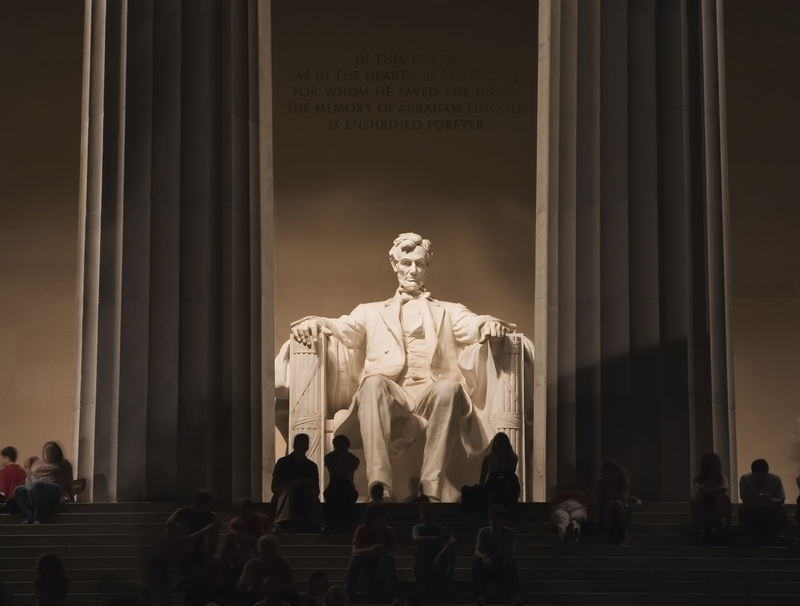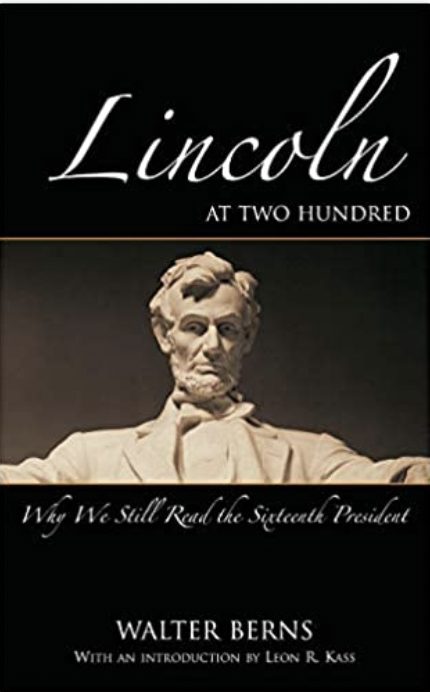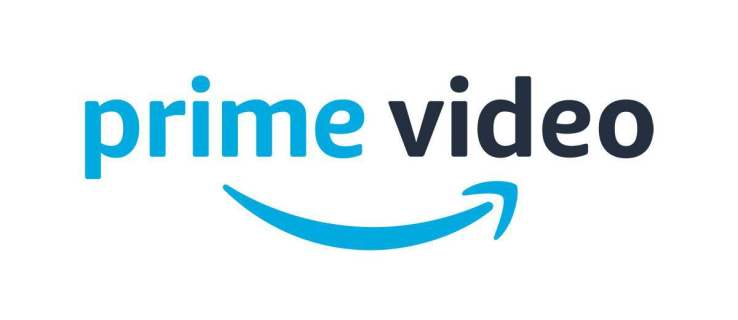What I Said on the Fourth

Today, one of greatest of Planned Men is sharing his mind on the American Experiment with family and friends at his Idaho home—which according to the Doppler (84 and Sunny)—is getting the weather the following remarks deserve. You can read his remarks below. Tweet

Highlights
For us, Abraham Lincoln was "the hero of heroes," the memory of whose life and words inspired us to love what was best about our country.
Lincoln did great things; greater than anything done by Wilson or Roosevelt, or Garfield, McKinley, and Kennedy; he freed the slaves, saved the Union.
A nation of people can be known and judged by its heroes, by those whom it chooses to honor above all others.
Critical race theory is an attack not just on our country. It is an attack on all of Western civilization.
Editor’s Note:
On July 4th, in the year 1776, “We the People” declared ourselves to be free and independent.
Today, one of greatest of Planned Men is sharing his mind on the American Experiment with family and friends at his Idaho home—which according to the Doppler (84 and Sunny)—is getting the weather the following remarks deserve. You can read his remarks below.
(The Shepherds, meanwhile, are in Narragansett RI visiting friends—and the Doppler god is not happy with us).
Our well-planned friend took the time to reflect on the country’s birthday with the purpose of sharing this his mind with those he loves. I know this man well. He is a Planned Man at its most-principled, excited-to-be-alive best. What is this guy’s claim to authority? Respect. He has crushed it his whole life. And he is not sitting at the top of world by accident.
There is nothing as practical as good theory. Our guest editorialist has a few ideas on the private pursuit of happiness. As the following remark will attest, he loves his country not simply because it’s his own, but because it is beautiful. And that behind that beauty is a big idea—a truth both self-evident and unalienable.
God bless America and its Declaration to all.
Best,
Guy
On this special holiday, I would like to take us back to the man who faced the greatest threat to our country in our history. The man was Abraham Lincoln. And the threat, of course: the Civil War. I’ll start by sharing a few words from Walter Berns’ book, Lincoln at Two Hundred.
This, from the introduction by Leon Kass:
In the Chicago of my boyhood, the birthday of Abraham Lincoln was a public school holiday, celebrated not on some wandering and anonymous “Presidents Day,” but always and memorably on February 12, the date of Lincoln’s birth…
We learned to admire, even revere, this unlikely hero: Honest Abe, the Great Emancipator…For us, Abraham Lincoln was “the hero of heroes,” the memory of whose life and words inspired us to love what was best about our country and to envision the noblest possibilities of our humanity for ourselves.
The only American whose birthday we annually celebrate today by name is Martin Luther King, Jr., martyred for his courageous and eloquent opposition to racial segregation.
Yet Dr. King was quick to recognize Lincoln’s greatness and, moreover, even his debt to him.
It is not by chance that his greatest speech, “I Have a Dream” (August 28, 1963), was delivered in the nation’s capital on the steps of the Lincoln Memorial with Daniel Chester French’s majestic rendering of the Great Emancipator seated literally and figuratively—and, we imagine, approvingly—right behind him.
Lincoln may be said to be the poet or maker of the Americans, both by teaching us what to think about our place and posture in the world and the meaning of our humanity, but also by his own heroic example of what it takes to defend, preserve, and live up to the highest principles of our common life.
Now, Walter Berns:
Imagine, if you will, what it was like for this man to live in a place like New Salem, Illinois, in the 1830s — a town without books, without civilization, without anyone like himself with whom he might talk.
Lincoln did things greater than anything done by other presidents: he saved the Union.
Lincoln was, of course, President at an extraordinary time. But so were Woodrow Wilson and Franklin D. Roosevelt. He was assassinated while in office; but so were James Garfield, William McKinley, and John F. Kennedy. But Lincoln did great things; greater than anything done by Wilson or Roosevelt, or Garfield, McKinley, and Kennedy; he freed the slaves and saved the Union.
At Gettysburg, Lincoln goes on to say, after suggesting that the nation so founded might not long endure, that the brave men, living and dead who struggled on this ground this battlefield here have consecrated better than he or anyone else could. Lincoln said their work was “unfinished.” But then he added, “we, the living, should highly resolve that these dead shall not have died in vain, that this nation under God shall have a new birth of freedom—and that government of, by, and for the people shall not perish from the earth.”
Six weeks later, he was murdered.
Here are a few closing sentences:
We say—that a man can be known by the company he keeps. So I say that a nation of people can be known and judged by its heroes, by those whom it chooses to honor above all others.
We pay ourselves the greatest compliment when we say Abraham Lincoln is the man for us.
I would like to share with you a persistent uncomfortable thought about what is taking place here in the United States today. I believe (and I am not alone) that the greatest challenge to our country’s survival as our founders envisioned it—and as we have lived it—will always come from within.
The greatest challenge to our country’s survival as our founders envisioned it—and as we have lived it—will always come from within.
Today, our culture, our heroes, our history, our judicial system—even the concept of meritocracy—is being challenged.
The critical race theory unequivocally states that if you are white, you are a racist. It is being taught in grade schools to our children at formative ages, in high schools, in colleges, in corporations, in government agencies, even in the military. This is an attack not just on our country. It is an attack on all of Western civilization—on everything we hold dear; on everything that has produced the extraordinary success the world has enjoyed in the last only 260 or so years. Put that progress in perspective.
Meritocracy, according to critical race theorists, is a racist weapon of whites. This attack on meritocracy is taking place throughout the world—in government, in education, in science, in business, in the professions. Abolishing meritocracy will devastate progress, will devastate the standard of living throughout the world. It will be dangerous to everyday life.
Does not all of the above strongly suggest that the Western World—our existence, as our founders envisioned it and as we have lived it—is under attack? A civil war? Or more correctly labeled an “uncivil” war. A war not fought by armies at Gettysburgs—but within our education system, within our scientific community, within the entertainment world, within business, within government, even within our military. Like it or not, this is a war on the culture of Western civilization.
So, on this July 4, celebrating the founding of the greatest country in all of history, I would like us to toast our country’s greatest hero—Abraham Lincoln. Let us hope and let us work to ensure that Lincoln — his work, his dedication, his life—was not in vain.
Here are Walter Berns and Leon Kass, discussing Lincoln in the context of Stephen Spielberg’s 2012 film, Lincoln.







